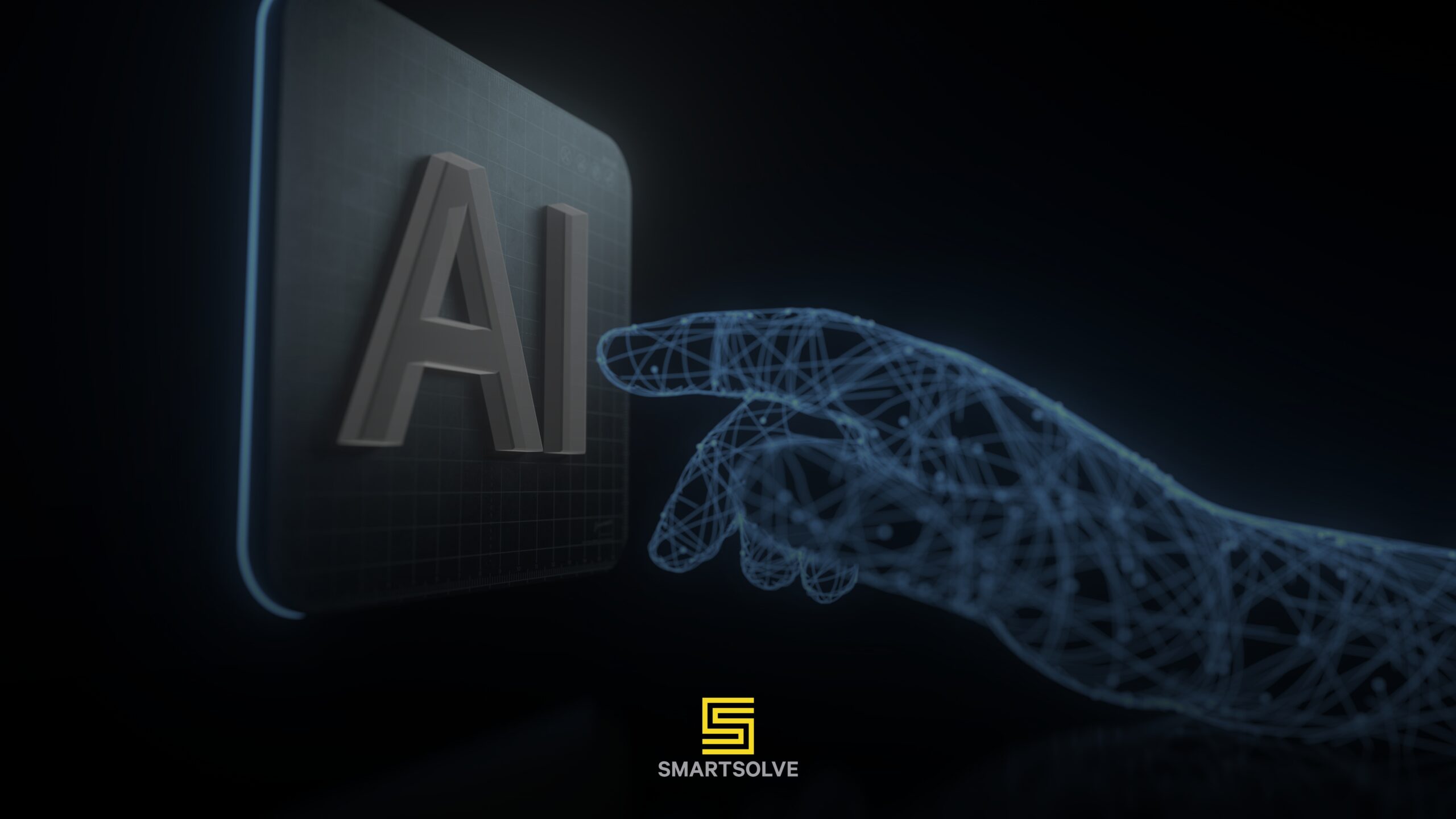The accounting is a discipline that plays an essential role in modern society, but its history dates back centuries, to when the earliest civilizations began developing sistemas to control their resources and financial transactions. In this blog, we will delve into the fascinating history of accounting, from its ancient origins to its evolution to the present day.
Antiquity: The Earliest Traces
Accounting has deep roots in antiquity, with the earliest traces found in civilizations such as the Egyptians, Babylonians, and Romans. For example, the Egyptians kept detailed records of their harvests and herds, while the Babylonians created the first written accounting records on clay tablets.
Middle Ages: The Emergence of Accountants' Offices
During the Middle Ages, trade began to expand, and with it, the need for a more sophisticated accounting system. "Accountants' offices" emerged, where professionals known as "accountants" were responsible for maintaining accurate financial records for merchants and governments. This era also saw the emergence of the first accounting books, such as Leonardo Fibonacci's "Liber Abaci."
Industrial Revolution: The Rise of Modern Accounting
The 18th-century Industrial Revolution brought with it a significant increase in the complexity of commercial transactions. In this context, modern accounting began to develop. The contribution of Luca Pacioli, an Italian monk who wrote the famous book "Summa de Arithmetica, Geometria, Proportioni et Proportionalità" in 1494, stands out. This book described the double-entry accounting system, a fundamental concept in modern accounting.
20th Century: Technological Advances
The 20th century witnessed significant advances in accounting, especially with the advent of information technology. Computers made accounting more efficient, allowing for complex calculations and data analysis on a large scale. Additionally, financial accounting became increasingly regulated, with the creation of international accounting standards, such as the International Financial Reporting Standards (IFRS).
Accounting Today: An Evolving Science
Today, accounting is much more than just recording numbers. It plays a crucial role in strategic decision-making for businesses, governments, and nonprofit organizations. Accounting now encompasses various areas, including cost accounting, auditing, tax accounting, financial accounting, and more.
Furthermore, accounting faces constant challenges due to changes in regulations, evolving technology, and the globalization of business. Modern accountants are highly qualified professionals who not only record transactions but also interpret data to guide the financial success of organizations.
The history of accounting is a fascinating journey that takes us from ancient times to the present day. This discipline has played a vital role in the evolution of society, facilitating trade, driving economic development, and ensuring financial transparency. As accounting continues to evolve, it is evident that its importance in business and governmental decision-making will continue to grow.
(ARAUJO, Robson. The History of Accounting: From Antiquity to the Present Day)











